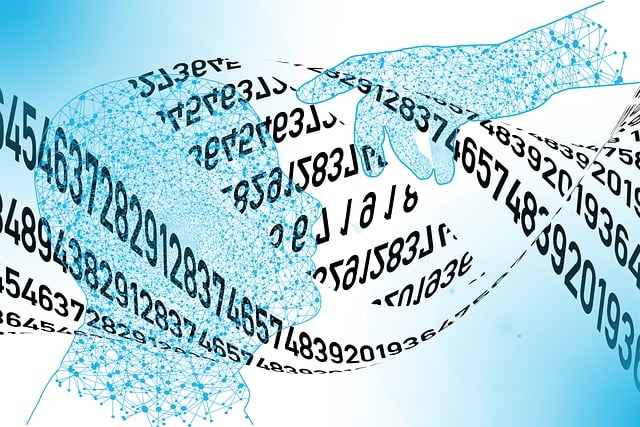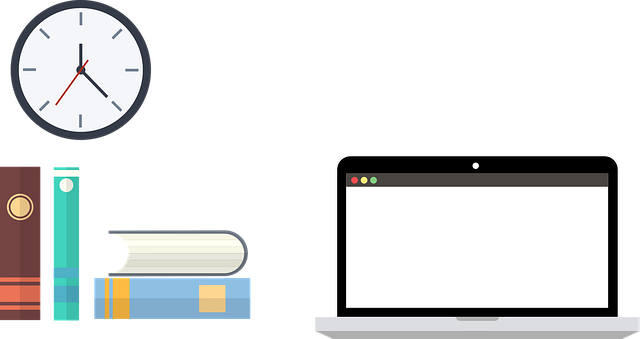TL;DR:
Effective communication across languages is crucial for success in UK R&D, with professional translation services playing a critical role in conveying technical documents accurately globally. These services are essential for fostering international collaboration, mitigating risks in sensitive fields like pharmaceuticals and engineering, and preserving the integrity of scientific research. Choosing qualified translators specializing in R&D terminology is key. In today's competitive global landscape, these services enable wide-ranging access to UK research findings, revolutionizing knowledge exchange and advancing scientific progress through consistent, high-quality translations.
Do you need professional translators for your UK research and development (R&D) projects? Accurate translation is crucial for successful scientific communication, yet navigating language barriers can be challenging. This comprehensive guide explores the importance of quality translations in UK R&D, from overcoming documentation challenges to choosing the right services. We delve into case studies showcasing successful translations within British research institutions, providing insights into ensuring consistency and excellence in technical documents. Discover how professional translators are revolutionizing scientific collaboration through precise and reliable language expertise.
- Understanding the Importance of Accurate Translation in UK R&D
- Challenges in Research Documentation: Language Barriers and Solutions
- The Role of Professional Translators in Scientific Communication
- Choosing the Right Translation Services for Your Research Project
- Ensuring Quality and Consistency in Technical Translation
- Case Studies: Successful Translations in British Research Institutions
Understanding the Importance of Accurate Translation in UK R&D

In the dynamic landscape of UK research and development (R&D), clear and accurate communication is paramount, especially when dealing with technical documents. This is where professional translation services come into play, offering invaluable support for researchers and innovators navigating complex multilingual landscapes. Accurate translation ensures that R&D data, protocols, and findings are accessible to a global audience, fostering collaboration and innovation across borders.
When working on sensitive R&D materials, it’s crucial to choose qualified translators who understand the nuances of scientific terminology. Inaccurate translations can lead to misinterpretations, invalid conclusions, or even safety hazards, especially in fields like pharmaceuticals, engineering, and environmental science. Therefore, investing in professional translation services for UK R&D documents is not just beneficial but essential, ensuring that research efforts are understood and built upon by a global community of peers.
Challenges in Research Documentation: Language Barriers and Solutions

In the dynamic landscape of UK research and development (R&D), effective communication is paramount, especially when dealing with documentation in multiple languages. The challenges posed by language barriers can significantly hinder progress, making professional translation services indispensable. When technical papers, research proposals, or international collaborations enter the picture, accurate and fluent translations are crucial for knowledge exchange and collaboration.
These barriers often manifest as complex scientific terminology, unique cultural nuances, and varying regulatory standards across languages. The solution lies in enlisting expert translators who not only master the target languages but also possess specialized knowledge in R&D fields. High-quality translation services for UK R&D documents ensure that information is conveyed precisely, maintaining the integrity of research intent while facilitating global outreach and collaboration opportunities.
The Role of Professional Translators in Scientific Communication

Professional translators play a vital role in facilitating effective scientific communication, especially within the realm of UK research and development (R&D). When dealing with complex technical documents, accurate translation is crucial to ensure that ideas, discoveries, and innovations are conveyed clearly across languages. These experts possess not only linguistic proficiency but also a deep understanding of scientific terminology and concepts.
By engaging professional translation services for UK R&D documents, research institutions and companies can ensure their findings reach a global audience without loss or distortion of meaning. This is particularly important in today’s international collaborative environment where partnerships and knowledge exchange are essential drivers of innovation. Professional translators help to bridge the gap between scientific expertise and diverse linguistic backgrounds, fostering inclusive communication that advances knowledge and drives progress.
Choosing the Right Translation Services for Your Research Project

When selecting translation services for your UK research and development (R&D) documents, it’s crucial to consider both quality and expertise. Look for providers who specialize in scientific and technical translations, ensuring they have a deep understanding of industry-specific terminology. This guarantees accurate communication of complex ideas and data.
Check their track record, client testimonials, and the types of R&D materials they’ve previously translated. Reputable services will offer native-language experts who can provide not just word-for-word translations but also cultural adaptation, ensuring your documents resonate with the target audience.
Ensuring Quality and Consistency in Technical Translation

When relying on translation services for UK research and development documents, ensuring quality and consistency is paramount. Professional translators must possess a deep understanding of both the source and target languages, as well as technical expertise in the specific field. They should adhere to standardized terminologies and glossaries to maintain coherence across various documents.
Consistency in translation is crucial for effective communication. Translators need to capture not just the literal meaning but also the nuances and context-specific terminology. This involves careful proofreading, editing, and quality assurance processes to guarantee that each translated document aligns seamlessly with its original content.
Case Studies: Successful Translations in British Research Institutions

In the realm of UK research and development, effective communication is paramount, especially when collaborating with international partners or accessing global markets. Professional translation services play a crucial role in ensuring that vital R&D documents are accurately conveyed in diverse languages. Many British research institutions have successfully leveraged translation experts to overcome language barriers and foster groundbreaking innovations.
For instance, a leading university in London engaged a reputable translation company to translate their recent study on renewable energy technologies into five European languages. The precise rendering of technical terminology and complex scientific concepts facilitated the dissemination of their findings across international conferences and peer-reviewed journals. Similarly, a pharmaceutical company based in Cambridge commissioned professional translators to localize clinical trial documents for market entry in Asia. This seamless translation process enabled them to fast-track their drug’s approval, demonstrating the significant impact of high-quality translation services on global research collaboration and commercial success.
When it comes to UK research and development, accurate translation is key. Navigating language barriers can significantly impact the success of your project, affecting collaboration, data integrity, and communication. Professional translators play a vital role in ensuring that scientific documents are accessible, consistent, and culturally adapted for global audiences. By choosing the right translation services, you can enhance international cooperation, facilitate knowledge exchange, and ultimately drive innovation in today’s globalized R&D landscape. Remember that high-quality translations are essential for making groundbreaking discoveries accessible to all.
